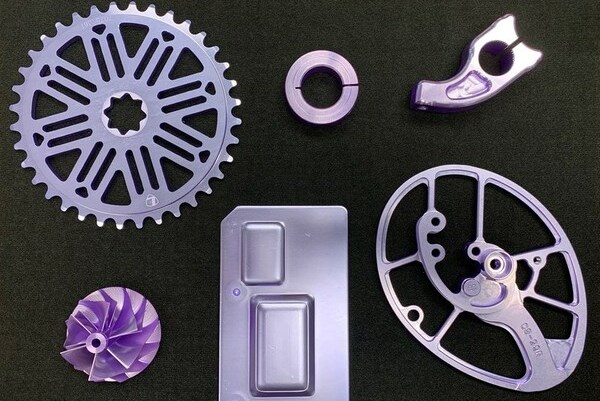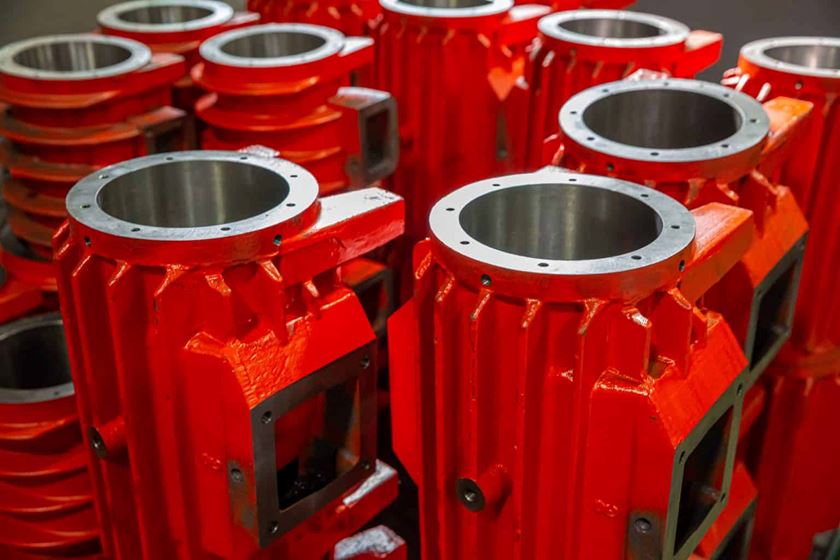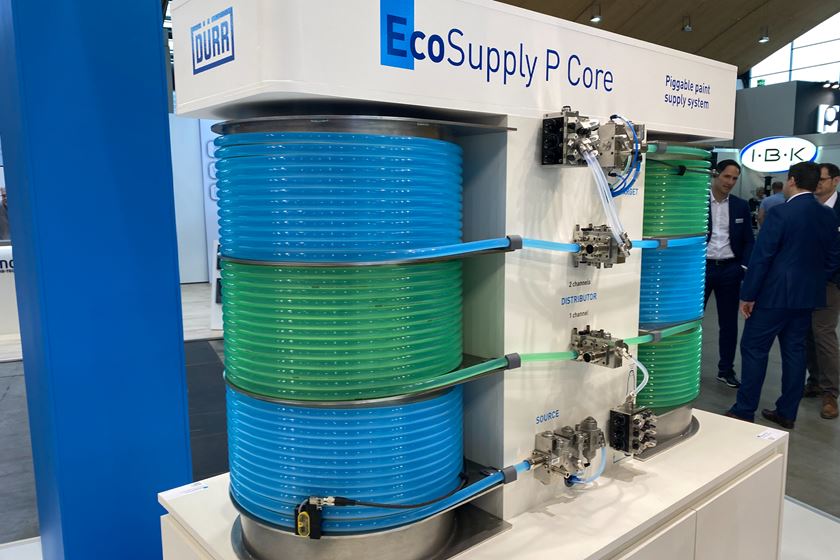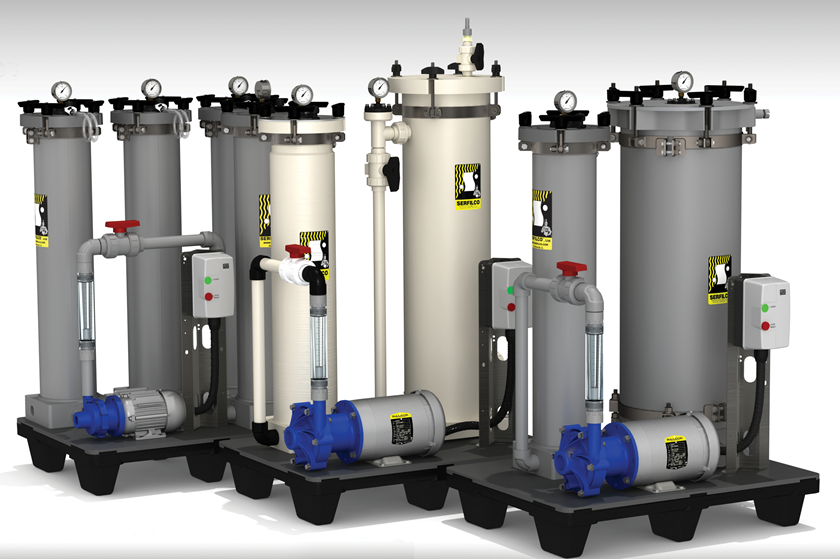CHEMEON eTCP Powder Qualifies for MIL-DTL-81706B / MIL-DTL 5541F
The DoD-qualified products list (QPL/QPD) now includes eTCP Powder for corrosion protection and improved adhesion.

eTCP is the only MIL-DTL qualified replacement of the carcinogenic hexavalent chrome (CrVI, Cr6+) that includes visual verification that your parts are coated and protected. eTCP provides a violet hue to bare metal. This quality control (QC/QA) feature was previously unavailable in any MIL-DTL trivalent chrome chemistry and differentiates CHEMEON eTCP from the yellow/gold hue associated with hexavalent chrome.
Photo Credit: CHEMEON Surface Technology
CHEMEON Surface Technology eTCP Powder corrosion protection has been approved for MIL-DTL-5541F per MIL-DTL-81706B for use as a conversion coating on all aluminum alloys and other light metals. CHEMEON's MIL-SPEC chemistries are REACH, RoHS, WEEE, and SVHC compliant.
“eTCP is the only MIL-DTL qualified replacement of the carcinogenic hexavalent chrome (CrVI, Cr6+) that includes visual verification that your parts are coated and protected,” says Dr. Madylon Meiling, CHEMEON CEO.
According to CHEMEON, prior to the development of its eTCP, there was a substantial quality control problem and waste of resources in re-running batches if applicators were unable to tell if a coating had been applied or a part was fully coated. In the past, the industry has relied on training and spot tests to address this concern, and the lack of color has been a large barrier to the implementation of trivalent chrome as a replacement for the legacy chemical, hexavalent chrome.
Meiling says, “Our development of eTCP Powder and the recent MIL-DTL qualification is another clear example of our company's mission to innovative technology that achieves the asset sustainability goals of global aerospace, military, OEMs, prime contractors, and commercial metal finishers while providing both safety, and savings for our valued customers.”
CHEMEON's patented eTCP Powder can be found in the Qualified Products List/Database (QPL/QPD) Form II, Method C, and joins the company's suite of MIL-DTL chemistries that includes TCP-HF (Trivalent Chrome Process - Hexavalent Free), and eTCP RTU (Ready To Use) created for brush, spray, immersion use, Touch-Up Pens for OEM, MRO, Prime Contractor and field kit use, TCP-HF EPA (Extra Protection Additive). TCP-HF Spray (concentrate), and TCP-NP (No Prep).
Dr. Sjon Westre, CHEMEON Senior VP of Technology, who was responsible for the initial commercialization of CHEMEON TCP-HF states, “The DoD and industry need a MIL-DTL approved trivalent chromium conversion coating that delivers robust performance on 2024 aluminum and provides a visual color indicator on coated parts. Historically this was only provided by hexavalent chrome conversion coatings. Finding a solution to this industry need led our R&D focus to develop and patent eTCP. CHEMEON's eTCP Powder is unique from all other MIL-DTL alternatives to hexavalent chrome with its proven performance on 2024 aluminum, no pH adjustment necessary, and a visual color indicator that parts are coated and protected.”
CHEMEON’s eTCP solutions are available globally and includeCHEMEON eTCP Powder (concentrate), Touch Up Pen, and eTCP RTU (Ready to Use) liquid, which provides a violet hue to bare metal. This quality control (QC/QA) feature was previously unavailable in any MIL-DTL trivalent chrome chemistry and differentiates CHEMEON eTCP from the yellow/gold hue associated with hexavalent chrome, a.k.a. sodium dichromate, or dilute chrome.
For more information visit chemeon.com/etcp.
RELATED CONTENT
-
Curing Oven Basics
Simply heating up the substrate does not cure the coating. There are many variables to consider when choosing the best cure oven for your application...
-
Masking for Surface Finishing
Masking is employed in most any metal finishing operation where only a specifically defined area of the surface of a part must be exposed to a process. Conversely, masking may be employed on a surface where treatment is either not required or must be avoided. This article covers the many aspects of masking for metal finishing, including applications, methods and the various types of masking employed.
-
Phosphate Conversion Coatings
Types of phosphate conversion coatings, how to apply them, and their specific functions.
















